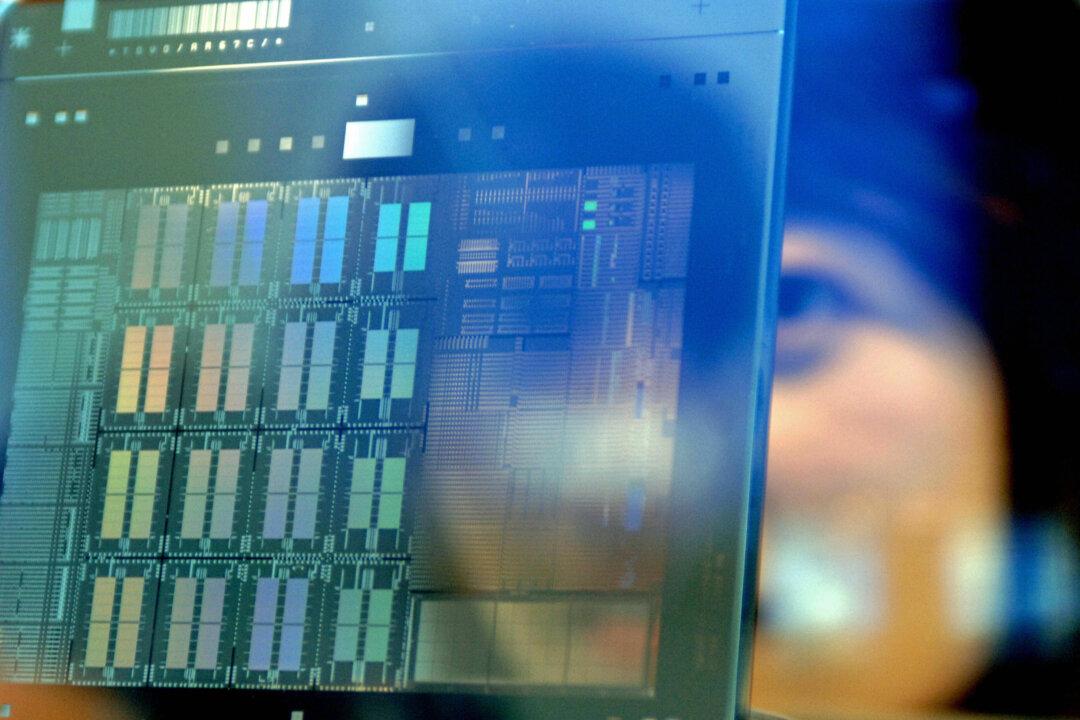News Analysis
A California federal court granted China’s Fujian Jinhua and Taiwan’s UMC the right to view trade secret information they allegedly stole from U.S.-based Micron at a review site in Hong Kong.

A California federal court granted China’s Fujian Jinhua and Taiwan’s UMC the right to view trade secret information they allegedly stole from U.S.-based Micron at a review site in Hong Kong.